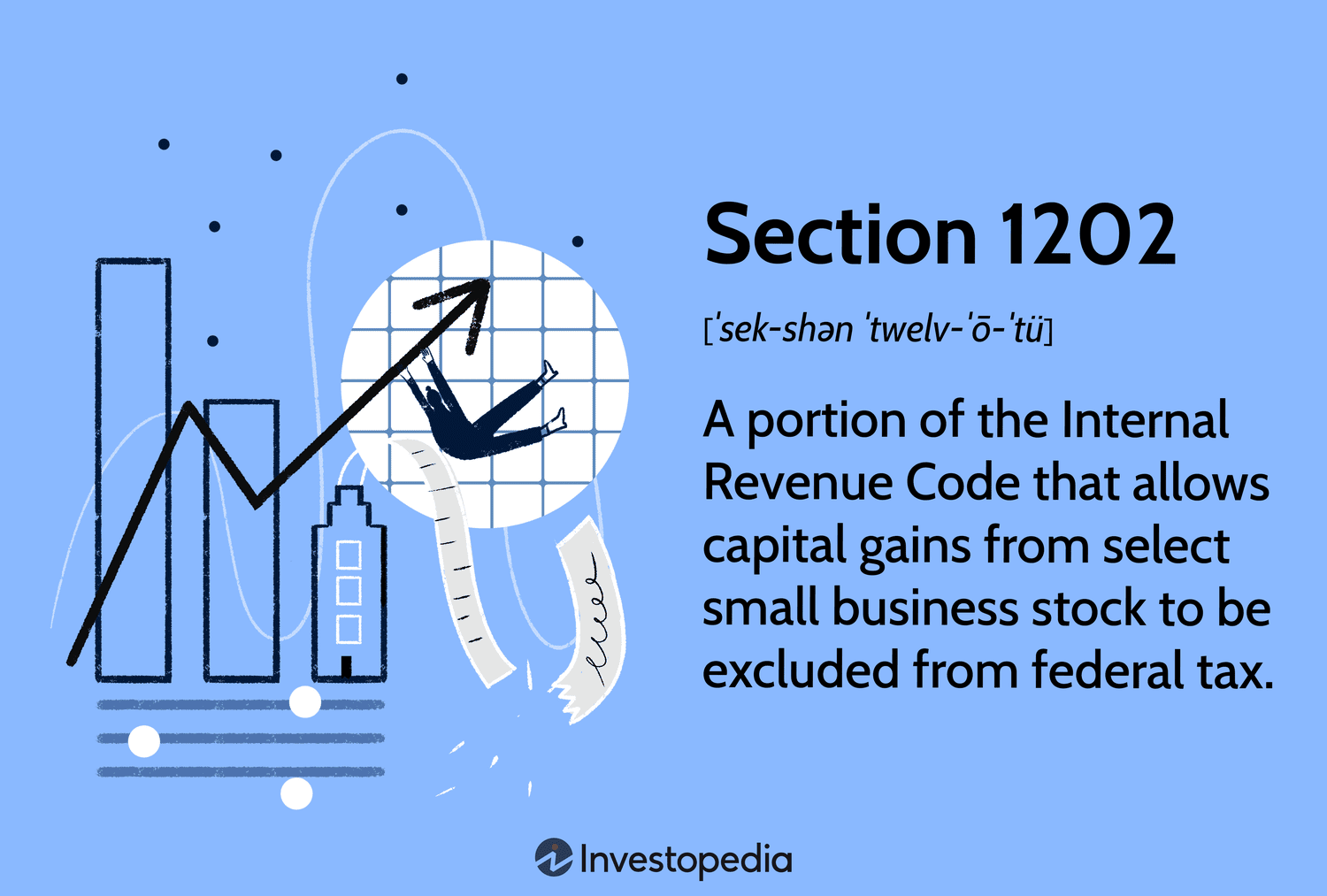Items of income and loss from an S corporation are passed through to shareholders and reported on their personal tax returns. However, as shown in a new case, Maggard, TC Memo 2024-77, 8/7/24, an S corp shareholder may be liable for tax on income they never even receive.
Basic premise: With an S Corporation, the owners are essentially taxed like partners in a partnership. In contrast, owners of C corporations must cope with “double taxation” where income is first taxable to the corporation and then distributions are taxed to the owners.
An S corporation pays no tax itself, but individual shareholders owe tax personally.
The corporation must elect to be treated as an S corporation, but S corp treatment isn’t automatic. The following requirements must be met.
- The S corporation must be a domestic corporation.
- It can only have allowable shareholders such as individuals, certain trusts, and estates.
- The S corporation can have no more than 100 shareholders.
- It must have only one class of stock
- The S corporation can’t be an ineligible corporation (i.e. certain financial institutions, insurance companies and domestic international sales corporations).
Facts of the new case: The taxpayer, a resident of the Silicon Valley in California, is one of the area’s innovators and inventors. His special talent is chemical engineering, particularly relating to the technical aspects of designing manufacturing facilities and structures. He used that knowledge to cofound an engineering consulting partnership with another well-known business associate.
Shortly thereafter, the partners incorporated the business as an S corporation. The 10,000 shares of common stock were equally divided between the two shareholders. However, in 2014 the other shareholder sold his shares in the S corp to two new co-owners. One of these co-owners acted as the firm’s CEO.
The relationship between the two new co-owners and the taxpayer quickly soured.
The CEO began to misappropriate funds by inflating reimbursements for his expense accounts. He and the other co-owner also made disproportionate distributions of the firm’s earnings to themselves at the expense of the taxpayer. Furthermore, it was later determined that they overpaid the previous shareholder by more than $160,000.
The taxpayer also discovered that the CEO failed to distribute nearly $165,000 of the company’s profits to him. He eventually accused the two co-owners of embezzling more than $1 million from the company over a period of four years.
Even though S corporations aren’t required to pay tax, they still must file an annual return. The CEO stopped filing these returns in 2014. He also stopped sending the taxpayer Schedules K-1 forms reporting his share of the S corporation’s income. Finally, the IRS issued a notice of deficiency to the taxpayer and revoked the firm’s S corp status.
At trial, the taxpayer attempted to reconcile the tax mess himself. He asked for documentation of the loss represented on the form the S corp had filed for 2018. The CEO stalled and then answered by writing “$300,000” on a napkin. There were no supporting documents provided.
The taxpayer contested the tax deficiency by claiming that the S corp had more than one class of stock due to other debts and that the misdeeds by the co-owners resulted in the disqualification of S Corp status.
Unfortunate tax outcome: The Tax Court sympathized with the taxpayer’s situation, but it determined that the law still required him to report his proportionate share of the S corp income for the tax years in questions. The looting by the co-owners didn’t absolve him of his responsibilities. Adding tax injury to insult, the deficiency is upheld.
Thanks for reading CPA Practice Advisor!
Subscribe Already registered? Log In
Need more information? Read the FAQs
![gavel1_11537663[1]](https://www.cpapracticeadvisor.com/wp-content/uploads/2020/03/gavel1_11537663_1_.5e6a69aa237a8.png)




